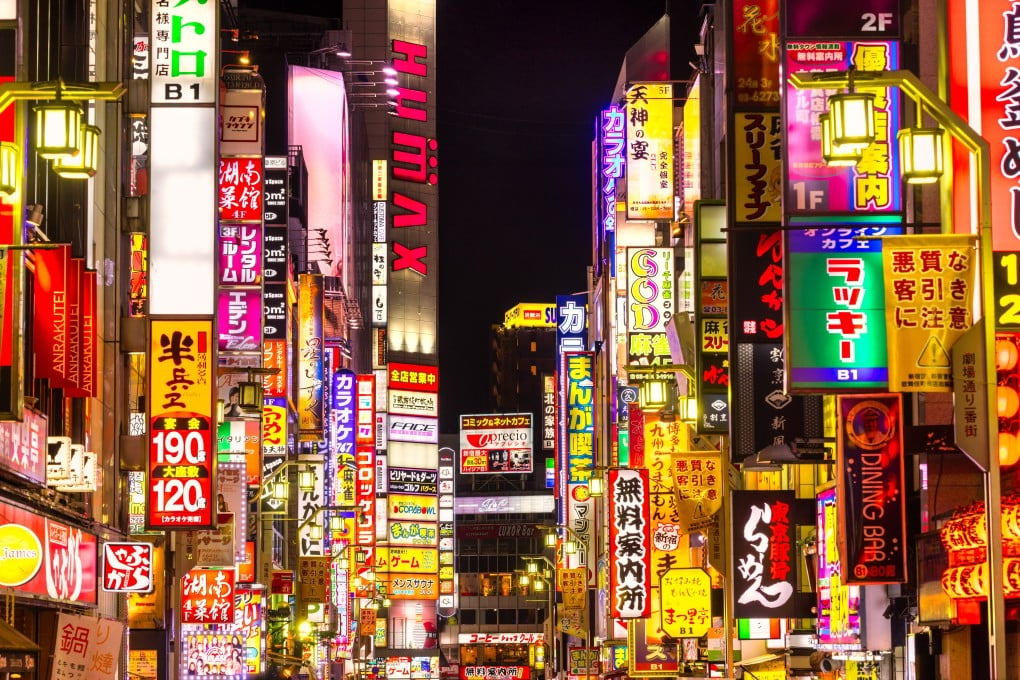Destinations known | Could sex tourism save Japan’s small towns from disappearing?
- The island nation received a record 31.2 million visitors last year, but few ventured off the well-beaten path
- Urban migration threatens the existence of rural areas, but tourism is being touted as a solution for struggling settlements

Japan is fast becoming one of Asia’s top tourist destinations. In 2009, the island nation said “Kon’nichiwa” to 6.8 million visitors, according to the Japan National Tourism Organisation; last year, the number had spiked to 31.2 million. While the impact of such a surge in sightseers has raised issues at a number of hotspots – a recent Japan Tourism Agency survey found that traffic jams triggered by tour buses and travellers’ sub-par standards when using public toilets were among the major complaints – most of those millions stick to the same, well-beaten path, leaving towns and cities outside Tokyo, Kyoto and Osaka clamouring for their piece of the tourist-attraction action.
Meanwhile, across the country, small towns are in danger of disappearing as the birth rate falls, the population declines and younger generations flee rural Japan for urban life, never to return. In some struggling settlements, abandoned houses are practically being given away, to entice people away from the bright lights of big cities, and tourism is also being touted as a potential saviour. For Xiaochen Su, a PhD candidate at the University of Tokyo, that means sex tourism.
“Given the willingness of AV [adult video] fans to spend money on their hobby, it is conceivable that many foreign fans would want to come to Japan to try something akin to the ‘real thing’,” he wrote in a recent opinion piece for online news platform Asia Times. Su added that limiting sex tourism to specific areas far from current popular attractions could boost the economies of rural areas, help address the uneven distribution of travellers and “shield the [sex] industry’s presence from major cities where most local residents and tourists are.”
That prostitution is technically illegal in Japan does not appear to factor in Su’s thinking. Admittedly, Japan’s anti-prostitution law – specified as “intercourse with an unspecified person in exchange for payment”, thus allowing for several loopholes – seems to have little impact on the nation’s thriving sex industry, which exists by offering – officially, at least – non-coital services such as dancing, bathing and conversation (as well as more intimate acts with “specified” persons, according to English-language daily The Japan Times) to sate the appetites of the flesh. Estimates suggest that the industry could be worth US$24 billion annually.

“Many Japanese citizens and politicians will find the prospect of their hometowns becoming sex-tourist destinations degrading and a source of both logistical and moral disturbance,” Su concedes. He mentions Pattaya, a destination synonymous with sex despite the authorities’ best intentions, recognising that the Thai town’s sordid reputation wouldn’t be particularly reassuring to sceptics.
